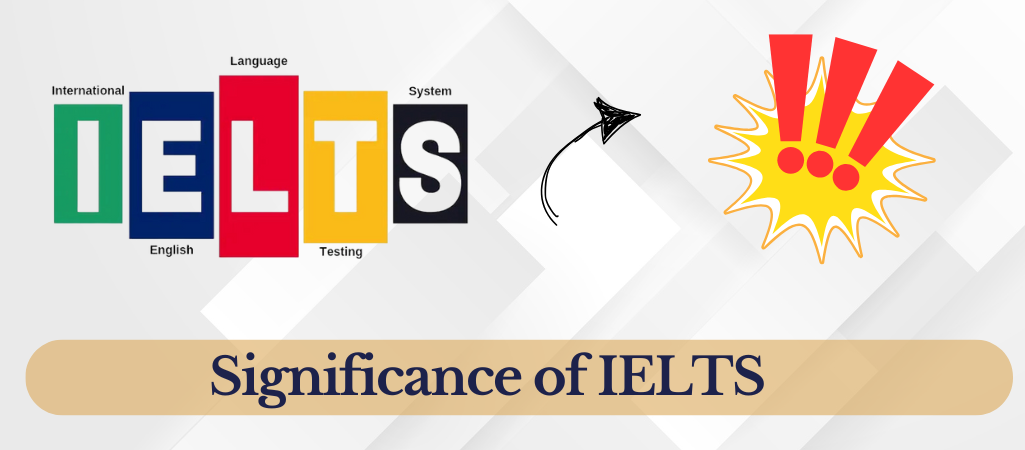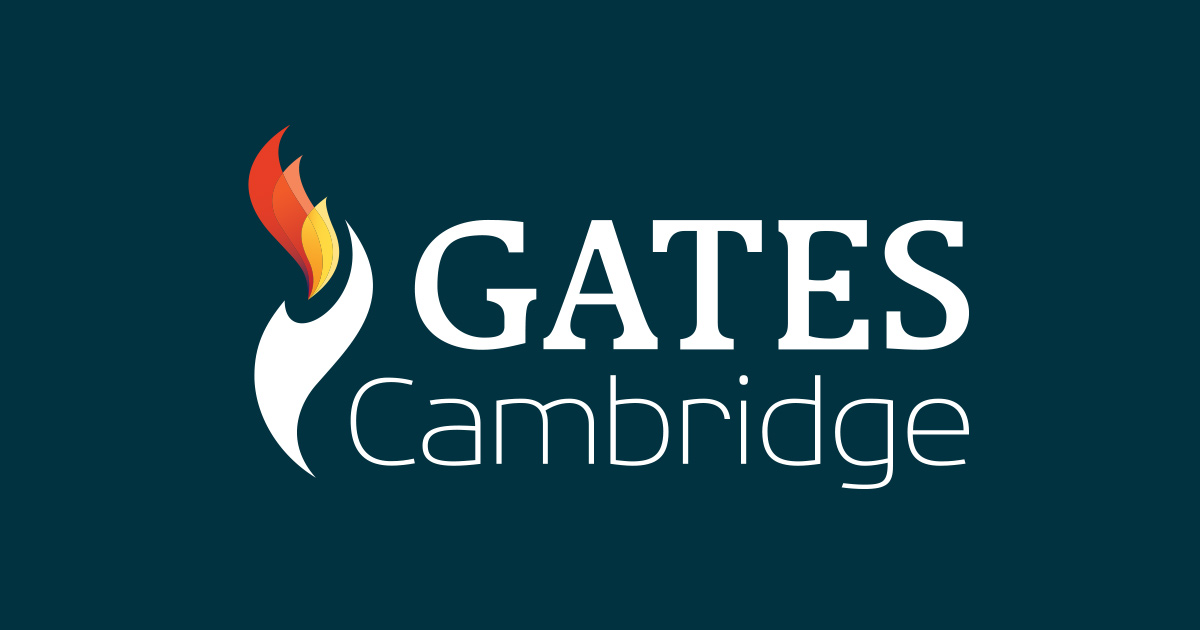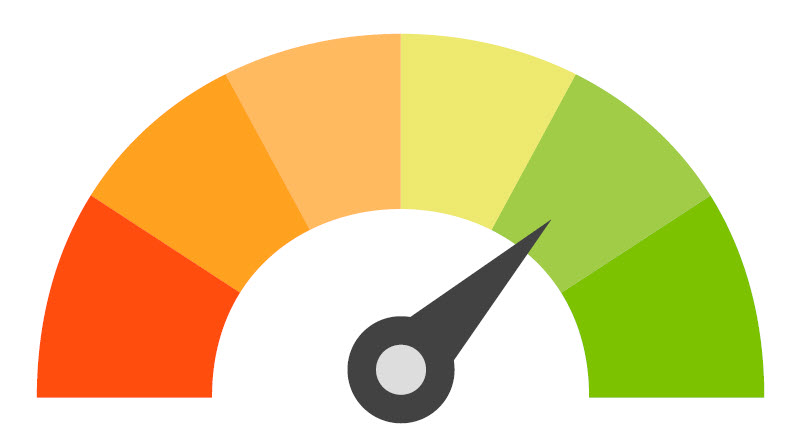Like you, the pursuit of higher education abroad is a dream shared by many students worldwide. But money problems can often be a big Challenge. Scholarships play a vital role in turning these dreams into reality by offering financial support and recognizing academic merit. Among the numerous factors that influence scholarship eligibility, the IELTS (International English Language Testing System) score is a standout criterion.
But how exactly does IELTS help you secure a scholarship? In this guide, we will explore the role of IELTS in obtaining scholarships, its global relevance, the types of IELTS scholarships available, application tips, and much more.
Significance of IELTS
The IELTS is one of the most recognized English proficiency tests globally. It is accepted by over 11,000 organizations in 140+ countries, including universities, governments, and professional bodies. For non-native English speakers, the IELTS score demonstrates their ability to understand, communicate, and thrive in an English-speaking academic environment.

For scholarships, an IELTS score does more than prove your language skills—it underscores your readiness for rigorous academic pursuits in an international setting. Here’s why:
- Global Standardization: IELTS provides a standardized measure of language proficiency, making it easier for scholarship committees to assess applicants from diverse linguistic and cultural backgrounds.
- Academic Confidence: A high IELTS score assures universities and scholarship providers that the applicant has the linguistic capability to excel in an academic environment.
- Eligibility Benchmark: Most international scholarships explicitly require an IELTS score as part of the application process.
Also Check: How Can You Get Master's Scholarships and Funding In The US
Why Do Scholarship Programs Value IELTS Scores?
Scholarship providers place significant emphasis on IELTS scores because they evaluate four core skills—listening, reading, writing, and speaking—that are crucial for academic success.A strong IELTS score demonstrates your commitment to studying abroad and achieving your goals. It reflects not just proficiency but also the effort you’ve put into preparing for the test. Below are some reasons why IELTS scores hold weight in scholarship decisions:
1. Proof of Academic Readiness
Universities and scholarship providers want assurance that applicants can engage effectively in English, the medium of instruction in most global institutions. A good IELTS score indicates that you are prepared for academic challenges such as writing essays, participating in discussions, and understanding lectures.
2. Objective Comparison
The standardized format of IELTS ensures fair and reliable results, enabling scholarship panels to compare applicants from various backgrounds objectively.
3. Compliance with University Admission
Many scholarships are tied to university admissions. Since most international universities require an IELTS score for admission, a good score often becomes a prerequisite for scholarships as well.
University-Specific Scholarships
Universities worldwide offer scholarships that prioritize high IELTS scores. These scholarships aim to:
- Attract academically outstanding students.
- Ensure that candidates meet the linguistic requirements necessary for excelling in an English-medium academic environment.
Examples of University-Specific Scholarships

- Gates Cambridge Scholarship (UK)
- IELTS Requirement: Minimum score of 7.5.
- Details: This prestigious scholarship is awarded to students pursuing postgraduate studies at the University of Cambridge. It covers tuition fees, living expenses, and travel costs. The scholarship committee values linguistic proficiency as an essential aspect of academic readiness.
- Clark University Scholarship (USA)
- IELTS Requirement: Minimum score of 6.5.
- Details: Open to international undergraduate students, this scholarship offers partial tuition fee waivers. A high IELTS score ensures students can actively participate in academic discussions and coursework at the institution.
- University of Melbourne Scholarships (Australia)
- IELTS Requirement: Varies depending on the program, typically 6.5 or higher.
- Details: The university offers scholarships for international students across various disciplines. High IELTS scores enhance eligibility and reflect the applicant's readiness for English-language academic challenges.
Government-Sponsored Scholarships
Governments across the globe provide scholarships to promote international education and foster cultural exchange. These scholarships often require high IELTS scores as part of the eligibility criteria.
Examples of Government-Sponsored Scholarships
- Fulbright Scholarship (USA)
- IELTS Requirement: Minimum score of 6.5.
- Details: This highly competitive program supports international students pursuing master’s and doctoral degrees in the United States. An exceptional IELTS score demonstrates the applicant’s capability to thrive in an English-speaking academic environment.
- Australia Awards Scholarship (Australia)
- IELTS Requirement: Minimum score of 6.5, with no individual band below 6.0.
- Details: This scholarship funds tuition fees, living expenses, and return airfare for students from developing countries. It is designed to build leadership skills and strengthen ties between Australia and participating nations.

- Commonwealth Scholarship (UK)
- IELTS Requirement: Typically 6.5 or higher, depending on the program.
- Details: Offered to students from Commonwealth countries, this scholarship covers tuition fees, living allowances, and travel expenses for master’s and doctoral programs.\
Check Out: How Do You Land a Fulbright Scholarship Program?
British Council Scholarships
As one of the co-owners of IELTS, the British Council provides scholarships aimed at supporting students from diverse backgrounds in their journey toward higher education.
Examples of British Council Scholarships
- British Council IELTS Award
- Award Amount: Up to £10,000.
- Eligibility: High IELTS scores, usually 6.5 or above.
- Details: This scholarship is open to students pursuing undergraduate or postgraduate studies in English-medium programs at universities worldwide. It is designed to alleviate tuition costs, and any surplus funds can be used for living expenses.

- IELTS Fee Waiver Scholarship
- Award Details: Full reimbursement of the IELTS exam fee (approximately INR 15,500).
- Eligibility:
- Family income below $250.
- First-time IELTS taker.
- Aged 32 years or younger.
- Details: This scholarship provides financial assistance to economically disadvantaged students, enabling them to take the IELTS test and unlock global educational opportunities.
Non-Profit and Private Organization Scholarships
Non-profit organizations and private foundations also utilize IELTS scores to identify deserving candidates for scholarships. These programs often focus on promoting specific fields of study, leadership, or innovative teaching methods.
Examples of Non-Profit and Private Organization Scholarships
- Caroline Clapham IELTS Masters Award
- Award Amount: £1,000.
- Eligibility:
- Master ’s-level dissertation or thesis focusing on language testing.
- Endorsement from an academic mentor.
- Details: This award recognizes significant contributions to the field of language testing, emphasizing research that advances educational methodologies.
- Morgan Terry Memorial IATEFL Scholarship
- Award Details: Covers travel, attendance at the IATEFL (International Association of Teachers of English as a Foreign Language) conference, and one-year membership.
- Eligibility:
- Demonstrated impact in developing IELTS preparation resources or teaching methods.
- Details: This scholarship honors the legacy of Morgan Terry, a contributor to IELTS teaching and resource development. It rewards educators who create impactful learning tools for IELTS test-takers.
- IELTS USA Best Practices Award
- Eligibility: Applicants must be enrolled at U.S. higher education institutions accepting IELTS scores.
- Award Benefits: Includes NAFSA conference registration, presentation opportunities, and recognition on IELTS USA platforms.
- Details: This award supports innovative initiatives to improve international student success through collaboration and best practices.
Take a look: A Step-by-Step Guide to Cracking IELTS/TOEFL for US Universities
How to Use Your IELTS Score to Secure Scholarships
Securing a scholarship involves more than just taking the IELTS test. You must strategically use success.
1. Research Scholarships That Accept IELTS
To start, identify scholarships where IELTS scores play a key role in the eligibility criteria. Focus on scholarships that align with your academic goals and field of study. Here's how to research effectively:
- University Websites: Visit the scholarship section of your target university's website. Many universities specify the IELTS band score required for their scholarships.
- Official Scholarship Directories: Use trusted platforms like Scholarships.com, Studyportals, or the British Council Scholarship Portal to explore options.
- IELTS-Specific Awards: Look into IELTS-specific scholarships like the British Council IELTS Award or regional scholarships offered in collaboration with the British Council.
The British Council IELTS Award provides up to £10,000 for tuition fees to students with high IELTS scores, applicable to universities worldwide.

2. Achieve a Competitive Score
While most scholarships require a minimum IELTS score of 6.5, aiming for a higher band (7.0 or above) significantly boosts your chances. Here’s why and how to aim high:
- Higher Bands for Competitive Scholarships: Scholarships like the Gates Cambridge Scholarship (UK) or Fulbright (USA) often require scores of 7.5 or higher. Achieving this level demonstrates your academic readiness and sets you apart from other applicants.
- Balance Across Bands: Some scholarships require minimum scores in individual sections (Listening, Reading, Writing, Speaking). For instance, achieving 7.0 in Writing or 7.5 in Speaking can enhance your application for language-intensive programs.
- Preparation Tips:
- Take official IELTS practice tests to familiarize yourself with the format.
- Enroll in IELTS preparation courses for expert guidance.
- Use apps and tools like Duolingo or Grammarly to improve your language skills.
With only about 7% of students receiving such awards. Among these recipients, a mere 0.2% are awarded scholarships exceeding $25,000. (ThinkImpact)
3. Tailor Your Application
Your IELTS score should not just appear as a number on your application—it needs to be framed as evidence of your academic and linguistic capabilities. Here’s how to highlight it effectively:
- In Your Personal Statement:
- Discuss how achieving a high IELTS score reflects your ability to succeed in an English-speaking academic environment.
- Mention specific skills you’ve developed, such as critical reading or effective writing, during your IELTS preparation.
- In Your CV or Resume:
- Include your IELTS score under the "Certifications" or "Skills" section.
- Example: “IELTS Score: 7.5 – Proficient in academic English, including advanced writing and analytical reading.”
- In Recommendation Letters:
- Request referees to mention your language skills and how they enhance your readiness for international education.
- Example: “The applicant’s IELTS band score of 7.5 demonstrates exceptional proficiency in English, ensuring they can excel in academic discussions and presentations.”
4. Provide Supporting Documents
To strengthen your application, include all required documents alongside your IELTS Test Report Form (TRF). These documents help present a comprehensive profile to scholarship committees:
- IELTS Test Report Form: Officially validates your IELTS score.
- Academic Transcripts: Showcase your past academic performance and achievements.
- Letters of Recommendation: Provide insights into your character, work ethic, and readiness for academic challenges.
- Personal Statement: Highlight your goals, achievements, and how the scholarship will help you achieve them.
- Other Documents: Depending on the scholarship, you may need GRE/GMAT scores, a CV, or proof of financial need.
5. Meet Deadlines
Scholarships have strict timelines, and missing deadlines can disqualify even the most competitive applicants. Effective time management is key:
- Plan Test Dates: IELTS results are typically released 13 days after the test date. Schedule your test early to ensure your score is ready before scholarship deadlines.
- Understand Specific Deadlines: Each scholarship has unique deadlines. Use a calendar or task manager to track submission dates and requirements.
- Account for Retakes: If you plan to retake the IELTS for a higher score, leave enough time for re-preparation and the re-release of results.
Benefits of IELTS Scholarships
ELTS scholarships offer more than just financial assistance; they provide a transformative impact on your academic and professional journey. By covering expenses like tuition, accommodation, and other costs, they alleviate financial stress for students and their families.
Additionally, earning an IELTS-based scholarship enhances your global credibility, adding significant value to your resume and making you stand out to employers. These scholarships also open doors to exclusive alumni networks, fostering connections with professionals and peers worldwide. Moreover, the pursuit of such scholarships motivates students to strive for high IELTS scores, effectively preparing them for academic success in international settings.
Check: How to Prepare Well for the GRE
Real-Life Success Stories
1. Mursalin Hasan Chowdhury Alif (Bangladesh)
Mursalin secured a British Council scholarship worth BDT 50,000 by scoring exceptionally well in the IELTS. This enabled him to pursue his dream of studying abroad.
2. Munjerin Shahid (Bangladesh)
Munjerin achieved an IELTS band score of 8.5 and received scholarships to study at Oxford University. Her success is a testament to how IELTS can open doors to top-tier universities.
3. Ahmad Khan (Pakistan)
Ahmad, hailing from Lahore, Pakistan, achieved a band score of 8.0 on his IELTS exam and was awarded a Fulbright Scholarship to pursue a master’s degree in Public Policy in the United States. The IELTS score played a critical role in both his university admission and scholarship selection. Today, Ahmad is a policy advisor, working on impactful projects that support sustainable development in Pakistan.
4. Priya Nair (India)
Priya, a medical student from Kerala, India, secured the Australia Awards Scholarship by achieving an IELTS score of 7.5 bands. The scholarship funded her postgraduate studies in public health at a leading Australian university. Priya attributes her scholarship success to her disciplined IELTS preparation and her commitment to advancing healthcare in underserved region

Common Misconceptions About IELTS and Scholarships
1. “Only High Scores Matter”
While a strong IELTS score is essential, many scholarships also prioritize other factors like academic achievements, leadership skills, and extracurricular activities. Programs like the Fulbright or Chevening scholarships emphasize a well-rounded profile, valuing leadership and community involvement alongside test scores.
2. “IELTS is the Only Requirement”
IELTS is a common criterion, but additional requirements often include GRE, GMAT, or TOEFL scores, work experience, or research proposals. For example, the Commonwealth Scholarship requires academic references and a statement of purpose, in addition to IELTS.
3. “You Can’t Retake IELTS”
You can retake IELTS as many times as needed within its two-year validity. Many scholarships accept your highest score. Retaking allows you to focus on weaker sections and improve your overall band, which is crucial for competitive scholarships like Gates Cambridge or Vanier Canada.
Scholarships for Economically Disadvantaged Students
For students facing financial challenges, fee waiver scholarships like the IELTS Fee Waiver Scholarship are a lifeline. These scholarships refund the IELTS exam fee, making the test accessible to more students.
Eligibility for Fee Waiver Scholarships
- Family income below $250 per month.
- First-time IELTS taker.
- Minimum age of 32 years.
- Academic excellence (75% or higher in high school, 3.0 GPA in undergraduate studies).
FAQs
1. How important is my IELTS score for scholarships?
Your IELTS score is crucial for demonstrating English proficiency, especially for scholarships at universities where English is the medium of instruction. While a minimum band score of 6.5 is common, a higher score (7.0 or above) significantly strengthens your application.
2. Can I apply for multiple scholarships with one IELTS score?
Yes, a single IELTS score can be used to apply for multiple scholarships, provided the score meets the minimum requirements of each program. Always check the specific eligibility criteria for each scholarship.
3. What happens if my IELTS score doesn’t meet the scholarship requirement?
If your score is slightly below the requirement, consider retaking the test to improve. Some scholarships may allow conditional acceptance if other aspects of your application, like academic achievements, are exceptional.
4. Do scholarships consider individual band scores or the overall score?
Some scholarships require minimum scores for individual bands (Listening, Reading, Writing, Speaking) in addition to the overall band score. Check the scholarship guidelines to understand their specific criteria.
5. Are there scholarships specifically for high IELTS scorers?
Yes, scholarships like the British Council IELTS Award or university-specific grants often prioritize applicants with exceptional IELTS scores. These scholarships recognize high achievers and help cover tuition and other costs.
6. Can I use my IELTS score for scholarships if it’s over a year old?
Most scholarships accept IELTS scores as long as they are within the two-year validity period. Ensure your score remains valid at the time of application.
7. Can I submit my highest IELTS score if I retake the test?
Yes, many scholarships allow you to submit your highest score from multiple attempts, provided the score is valid. Retaking the test to improve your score is a common and effective strategy.
8. Do all scholarships require IELTS, or are alternatives accepted?
While IELTS is widely accepted, some scholarships may also accept other English proficiency tests like TOEFL, PTE, or Duolingo. Always verify which tests are accepted by the scholarship provider.
9. Are there scholarships that cover the cost of taking the IELTS exam?
Yes, programs like the IELTS Fee Waiver Scholarship cover the cost of the test for financially disadvantaged students. Eligibility often depends on income and academic performance.
10. How can I demonstrate my IELTS score effectively in scholarship applications?
Include your IELTS score in your CV or personal statement, and highlight how it reflects your readiness for academic challenges. For example: "Achieved a band score of 7.5, showcasing proficiency in academic English for critical writing and presentations."
11. Can I apply for scholarships if I score 6.5 in IELTS?
Yes, many scholarships set their minimum IELTS score at 6.5. However, for highly competitive scholarships, a score of 7.0 or higher is often preferred. Combine a 6.5 score with strong academic or leadership credentials for better chances.
